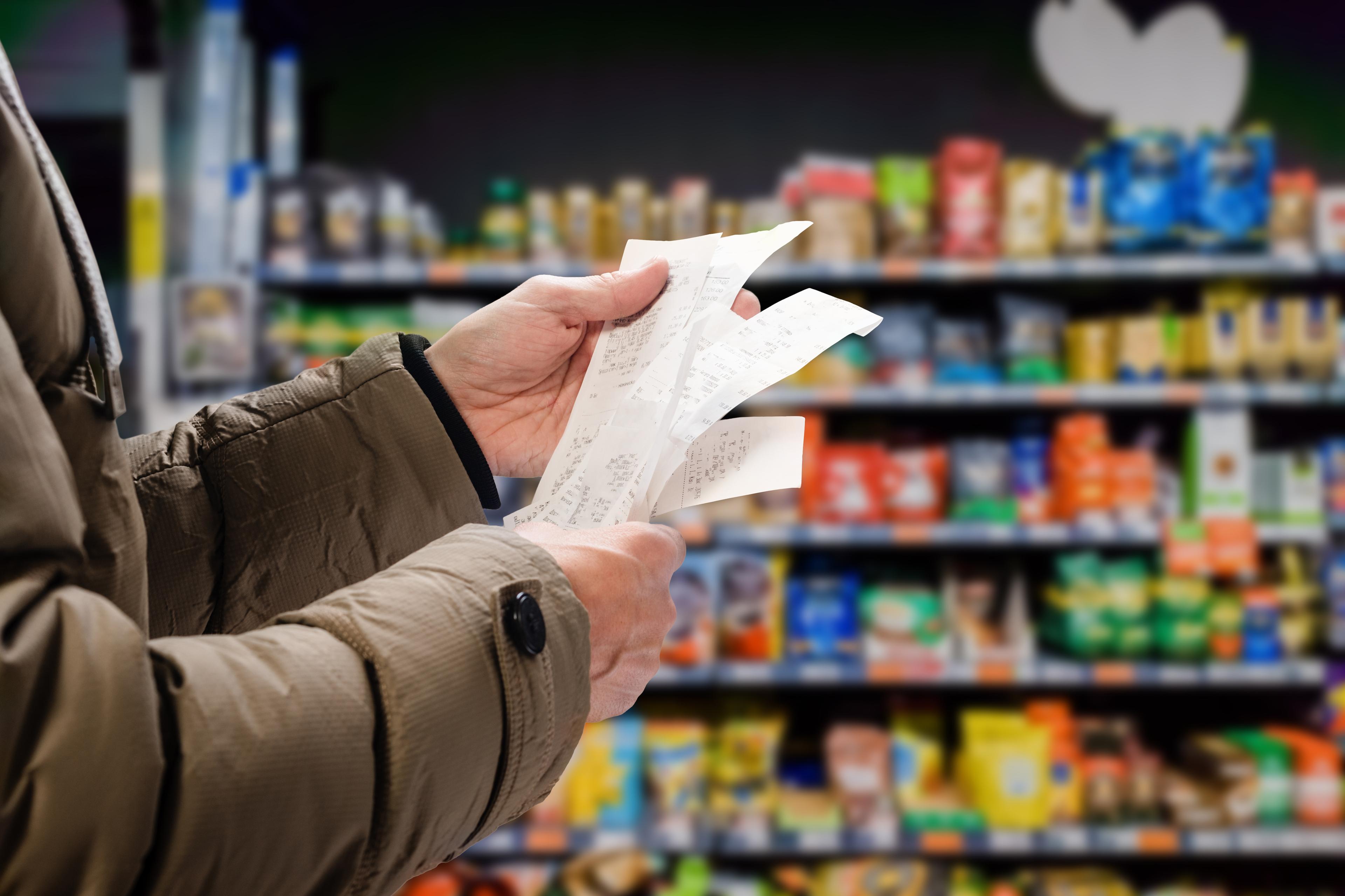VAT, Cost of Living, Finance Ministry
Cost of Living crisis deepens as VAT hike looms
With VAT set to rise to 18% in 2025, low-income families are likely to face heightened financial strain.

The government is planning to raise Value Added Tax (VAT) from 17% to 18% in January 2025 . This is likely to exacerbate the already dire cost of living situation, particularly for the country's most vulnerable citizens.
A report from the Finance Ministry's chief economist division reveals the regressive nature of VAT in Israel. The lowest income decile spends 28% of their gross salary on VAT, while the highest earners spend only 5%. This disparity underscores how the planned increase will disproportionately affect low-income households, potentially widening the already significant income inequality gap.
The VAT hike comes as part of the government's efforts to address a fiscal shortfall estimated at NIS 70 billion ($19 billion), largely attributed to the ongoing conflict with Hamas. However, critics argue that this measure will only serve to further burden an already struggling population.
Recent months have seen a cascade of price increases across various sectors. Public transportation users were caught off guard in June when fares rose unexpectedly, with single ride prices jumping from 5.5 to 6 shekels. Food prices continue to climb, with Israel ranking second only to South Korea in food and beverage costs among developed countries.
Major food producers, including Strauss Group and Tnuva, have announced price hikes on non-regulated dairy products. Strauss implemented its second increase this year, following a sweeping 15% average rise on most of its product lines earlier in 2024.
These increases, coupled with rising gas prices and the cost of regulated dairy products, have left many Israelis struggling to make ends meet. One Jerusalem resident expressed frustration, stating, "Everything in this country right now is getting more and more expensive and it's making life really difficult for citizens."
The economic strain is compounded by reduced growth forecasts and hampered investments due to war-related uncertainties. Many citizens blame the government's inaction for the escalating cost of living crisis, with some critics going so far as to accuse Israel of aligning with "Global Elites" to unnecessarily burden its citizens.
This impending VAT increase threatens to push more Israelis into financial hardship, raising questions about the government's ability to balance fiscal responsibility with the immediate needs of its population.
* Israel First TV contributed to this article.